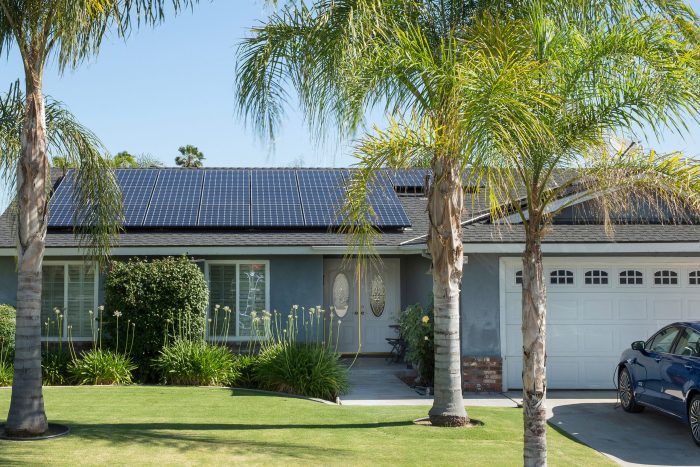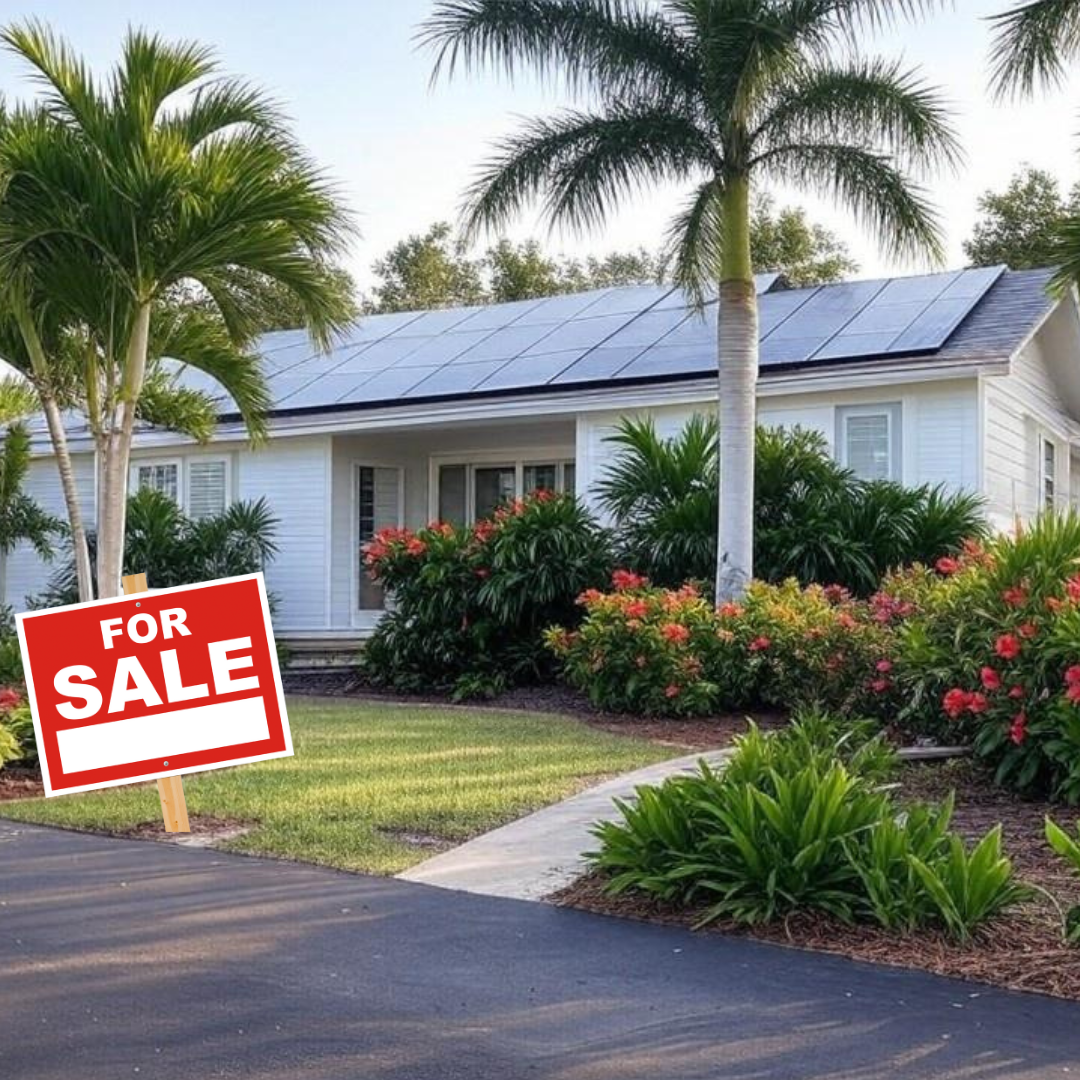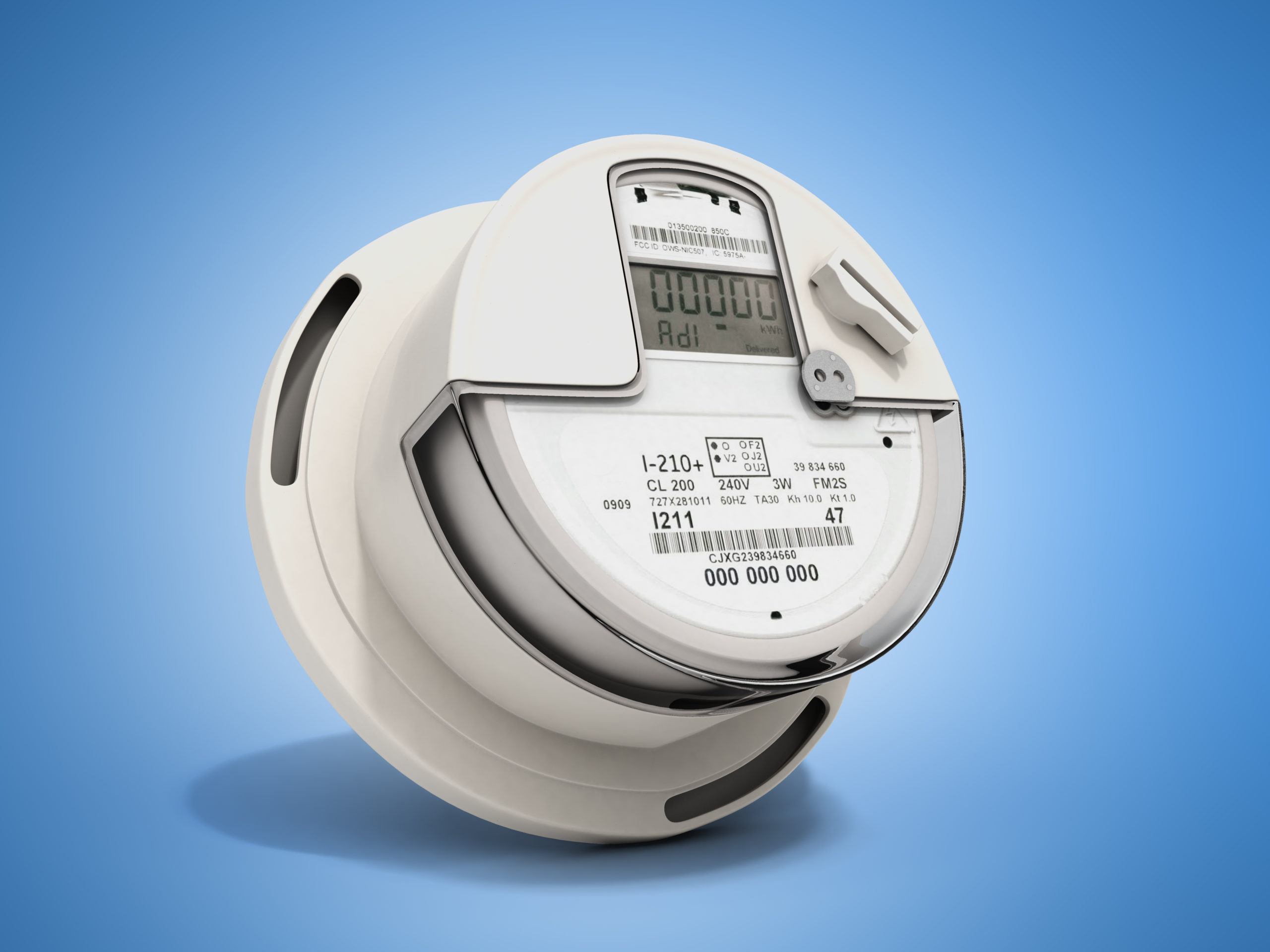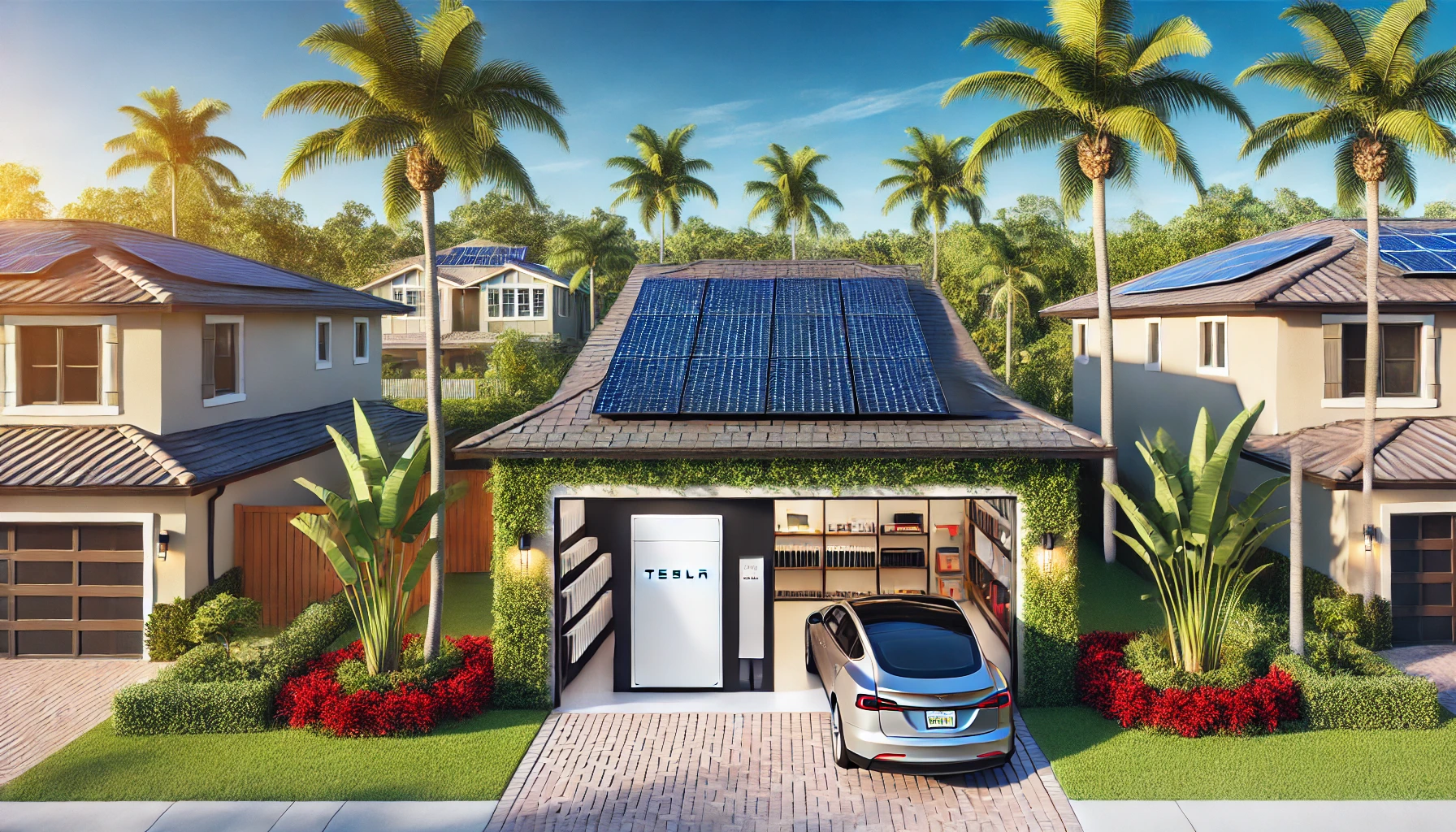Not sure yet if upgrading your home with solar is the right improvement for you? We encourage you to consider these 7 perks of producing clean, low cost renewable, and reliable energy when deciding if getting a custom quote is right for you.
1. Florida Homeowners Receive a 26% Federal Tax Incentive:
You can get 26 percent off your total solar investment. In Florida, homeowners have a federal solar tax credit also known as the investment tax credit (ITC), which allows you to deduct 26 percent of the total investment in solar energy from your federal taxes.
The ITC applies to both residential and commercial systems, and there is no cap on its value. That means if you invested as much as $50,000 to improve your home, the Federal Government will give you a $13,000 discount on your income taxes. Ask your accountant if you can get that kind of break with a new pool or kitchen.
2. Increase Your Home’s Value:
According to Zillow, activation of a solar energy system on a Florida home can result in a value jump of 4.6%. That’s 2nd highest in the nation. Also, using top of the line brand name products will likely help your home sell faster when you choose to move. Solar homes have a unique marketing aspect and surveys have shown that potential buyers prefer a home with a solar energy system over ones that rely on high cost fossil fuel.
There are even some states like California that require solar to be installed with all new construction homes, and in Florida, the building code requires solar access areas.
3. Become Energy Independent
By generating your own clean energy you no longer depend on your local fossil fuel powered utility. Most utilities rely heavily on polluting natural gas to keep the lights on. When you are generating your own energy the utility is taking their foot off the gas pedal just a little bit. So if you can help positively impact the global climate crisis while saving tons of money, imagine if your entire neighborhood went solar. How much gas pollution would be eliminated from the air? Something to think about.
4. Affordable Payment Options – $0 Upfront Costs!
Solar is not free like a lot of the ads claim, but solar is affordable. Building your own personal solar power plant can be a sizable upfront investment and paying for 40 or more years of energy up front is not how most people normally buy energy. It might feel costly, but financing options with as little as $0 down make your monthly payment comparable, sometimes even lower, than your new fixed monthly utility expense.
Basically, you transition from paying for your utility owned power plant to creating your own solar energy power plant that builds equity in your home. With little to no change in your monthly budget we make paying off your renewable system flexible.
It’s essentially choosing to rent versus buy a home, but now your home has a rooftop tenant that pays you monthly and never moves out. Keep this in mind, rate increases from a utility company are just like a landlord raising your rent. Eventually, the system pays for itself and keeps producing energy, likely for another two decades.
5. Sell Your Excess Energy Back to the Utility Company
There is no such thing as too much of a good thing when it comes to solar. Making too much energy? Sell it. Occasionally, your solar energy system may produce more electricity than your home consumes. For example, you might go on vacation with the money you’ve been saving. The excess energy you aren’t using during that time is sent back to the main utility power grid.
The best part? Most Florida utility providers pay you for full fair retail value or give you credit against your net metering bill – yes this is a thing! The excess energy credits roll over month-to-month just like rollover minutes on the old wireless cell phone plans.
Bonus: States with SREC markets have a legal mandate to get a certain percentage of their electricity from solar power, and utilities will buy your SRECs in order to fulfill the mandate. Cha-ching!
Not-so-Bonus: Florida does not have an SREC mandate yet.
6. Have Continuous Power Throughout a Storm, Hurricane or Natural Disaster
Be prepared for Florida’s next storm or hurricane outage by backing up your solar panel system with a battery backup, like Tesla Powerwall. Solar panels are rated for very high winds. Florida has one of the safest building codes in the country due to the frequency of mega storms. Solar panels installed in Florida have to be designed to meet these standards. As long as you choose a durable panel and integrate a backup battery, your home will continue to operate as normal regardless of whether or not the utility power grid is down. No gas guzzling generator needed.
Bonus: Solar storage batteries also qualify for the 26% solar tax credit. This means Florida homeowners can get premium brand solar energy panels and backup battery systems at a discounted price. How much is the tax incentive for a generator you ask? Zilch.
7. Your HOA/POA/Club Community/Utility Provider Cannot Prohibit You from Switching to Solar
Karen can tell you that bougain villas are not allowed or your lawn needs to be mowed, but she can’t stop you from going solar. Your community guidelines or bylaws cannot prohibit you from switching to solar energy and creating our own clean, renewable power plant at your home.
In fact, this is a Florida law called the Florida Solar Rights Act. If you look and see your community has a restriction prohibiting solar panels, it’s a violation of the Florida Constitution. It’s basically Florida’s right to bare solar arms.
BONUS REASON: Solar is Exempt from Property Taxes
Unlike other home improvements like new kitchens, additions or pools, Florida homeowners never have to worry about the government adding outrageous property taxes to their home when they install a solar energy and backup battery system.
In some counties that can be as much as 3% of your investment added to your property taxes by your friendly local tax assessor. But solar is exempt from property taxes on residential property and 80% exempt on commercial property in Florida. Additionally, solar energy equipment is exempt from sales tax. That’s another 6-7% (even higher in some areas) in savings.
Resources and Further Reading
[1] Residential Energy Credit (Form 5695)
[2] https://www.zillow.com/research/solar-panels-house-sell-more-23798/
[3] Solar Energy Increases Property Value in Florida





